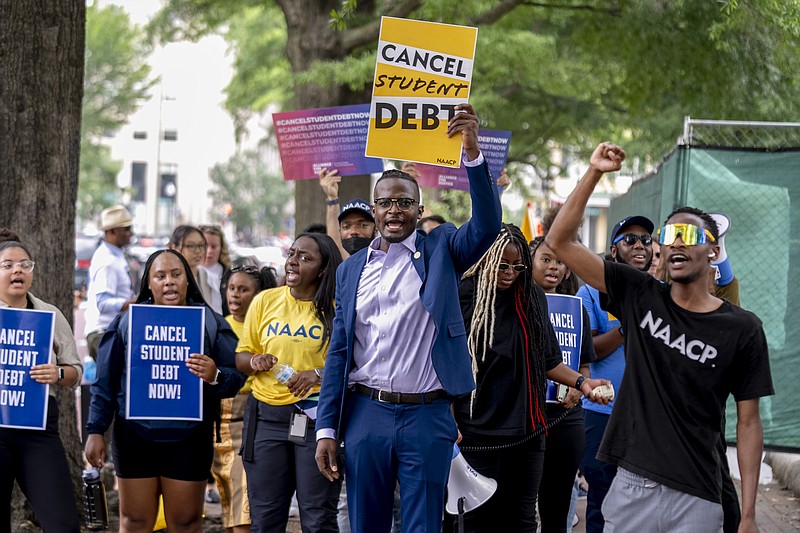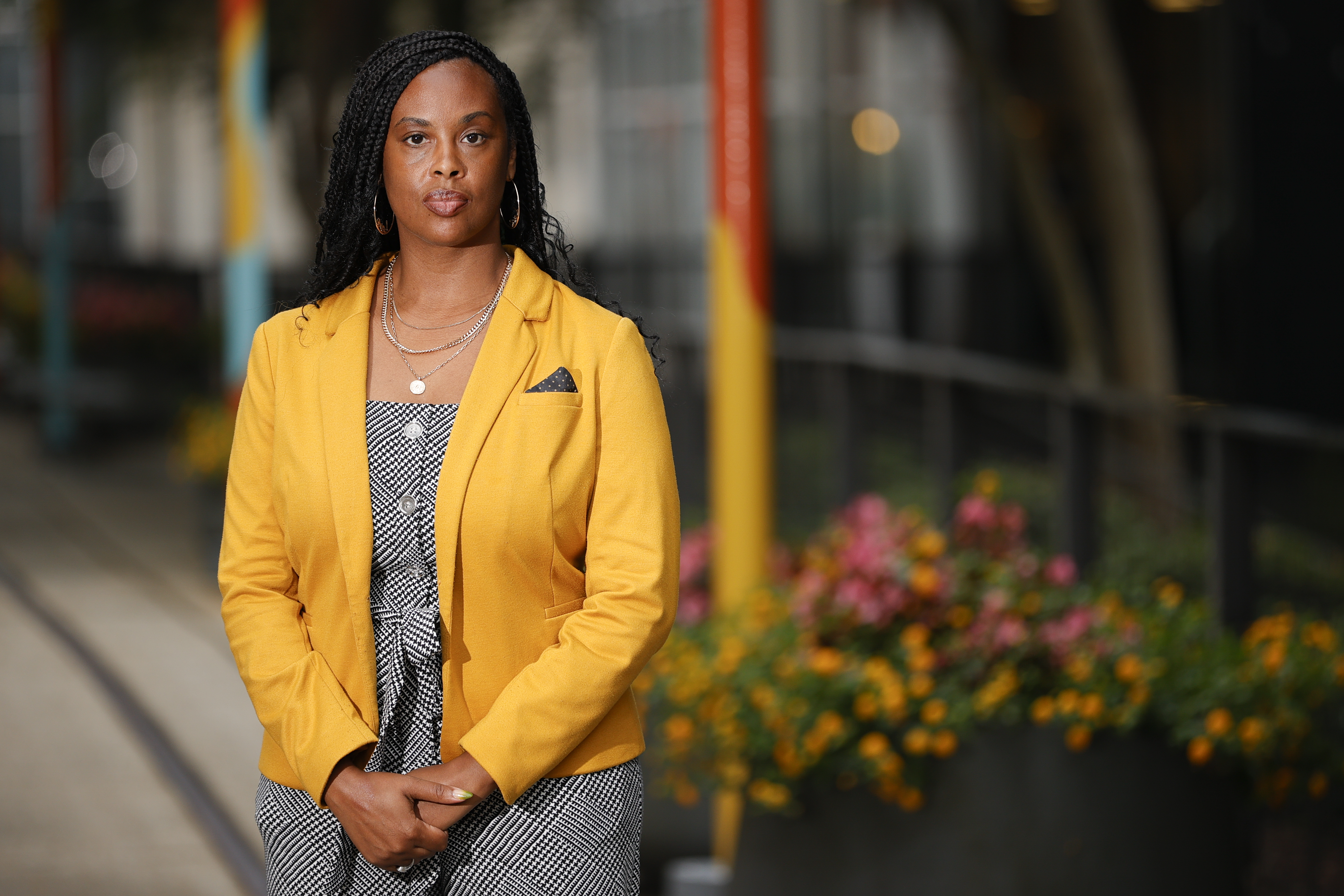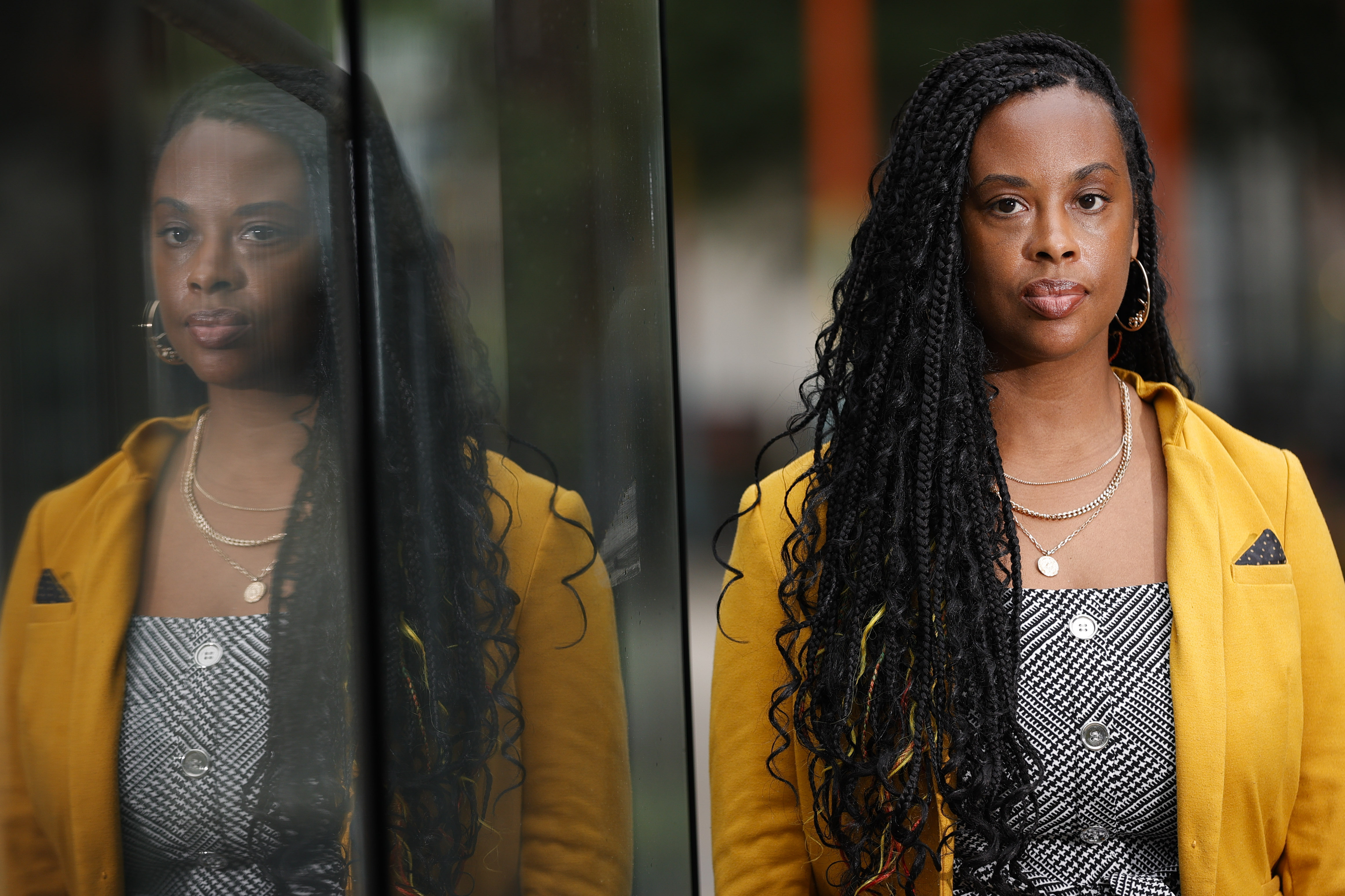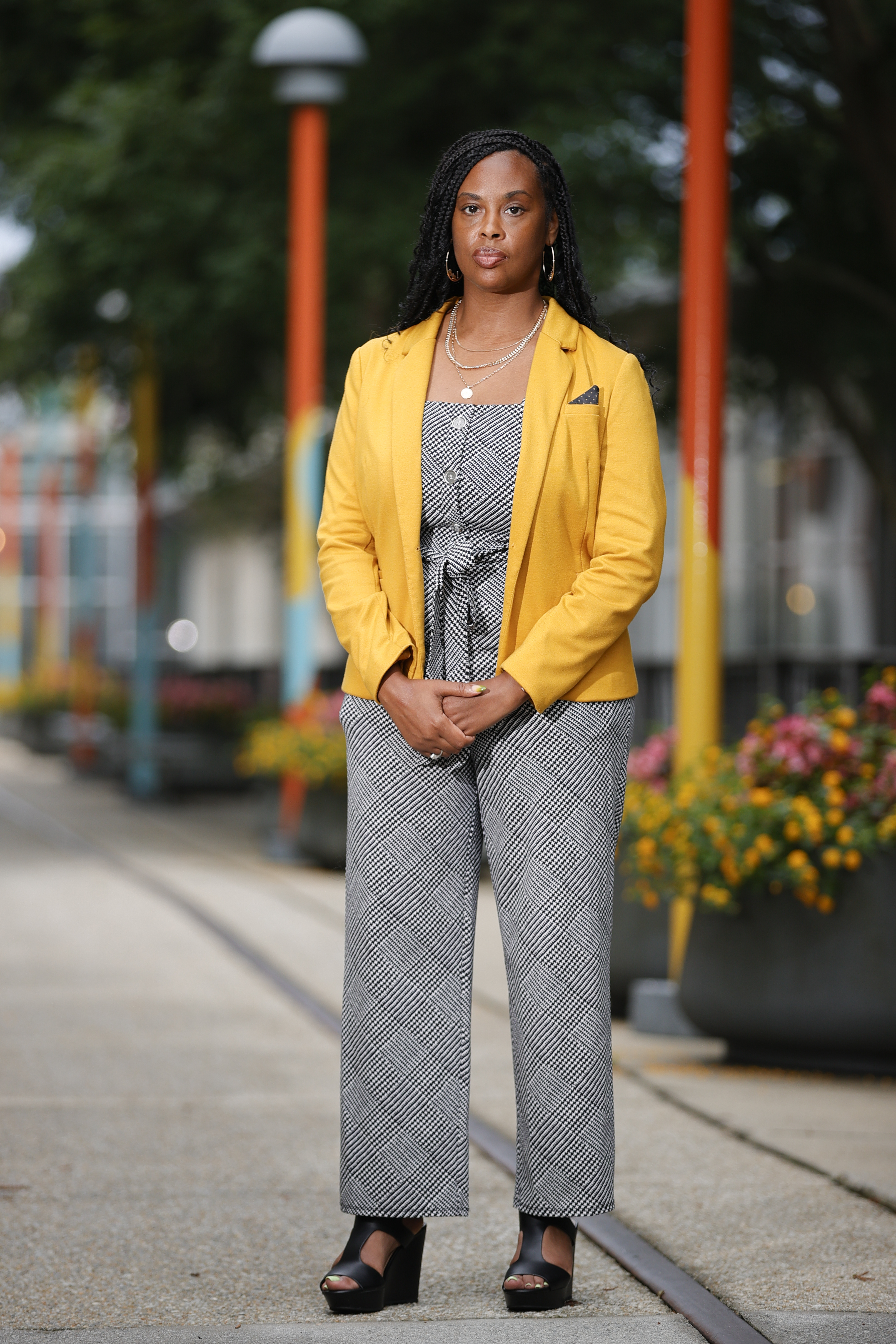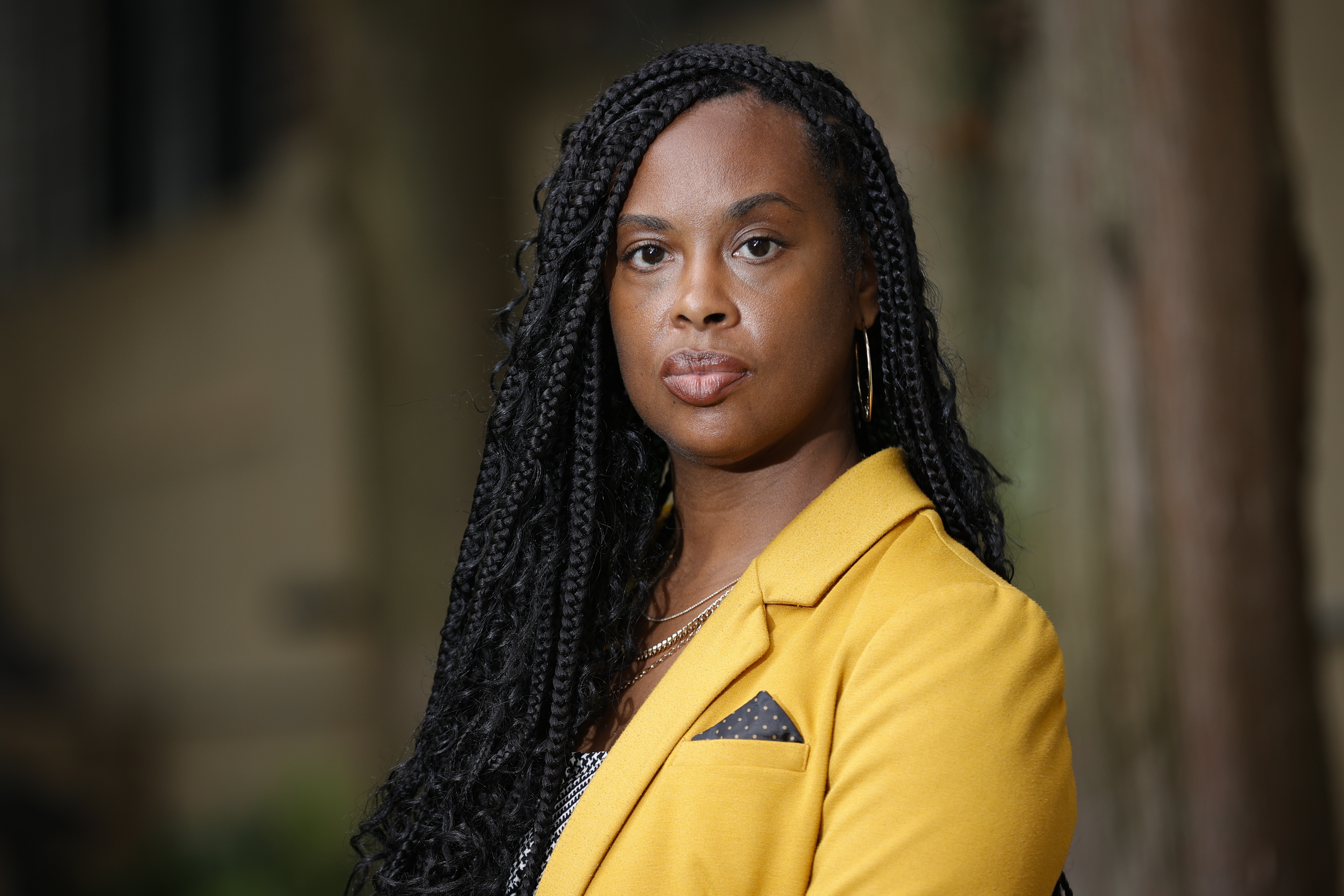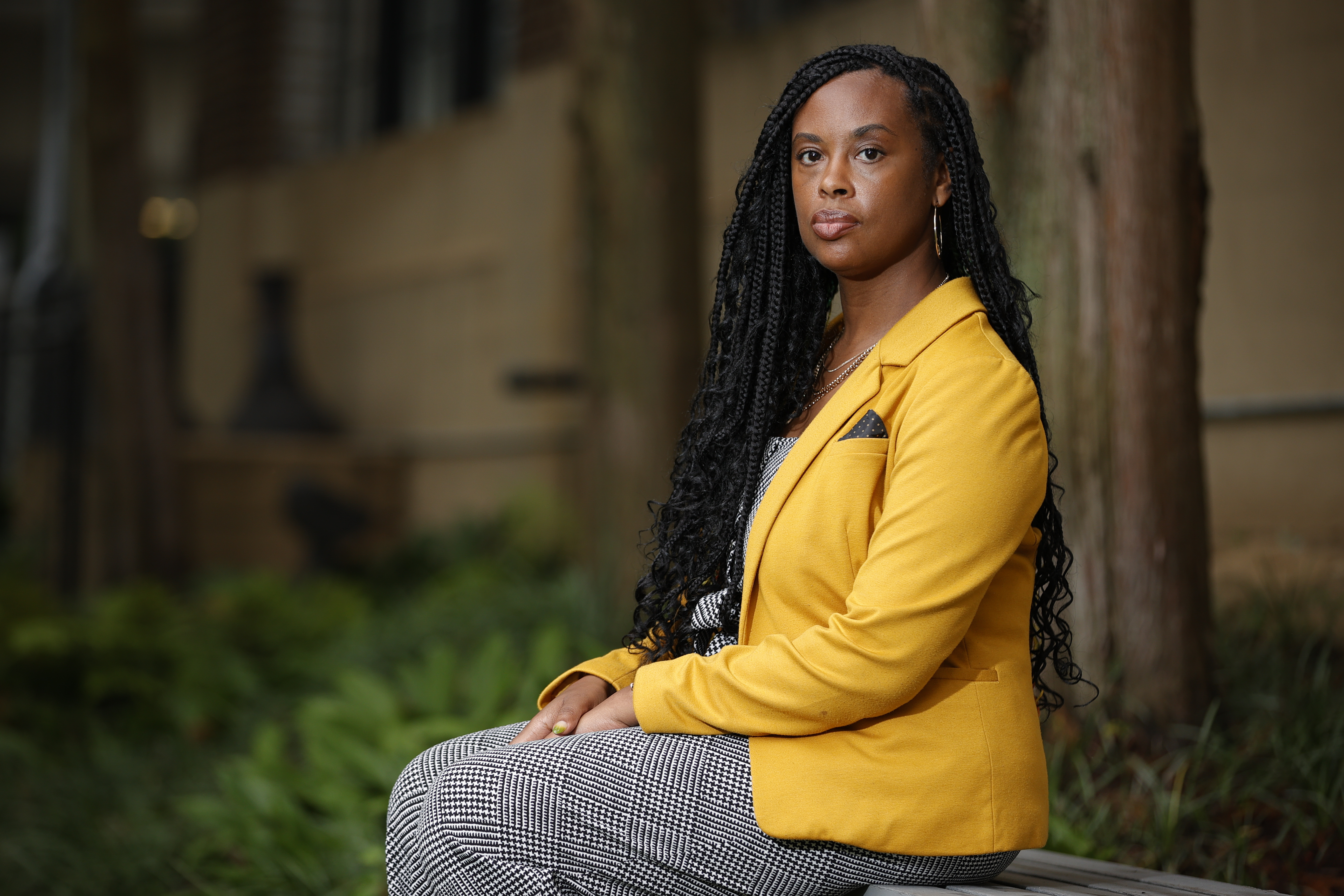For borrowers around the country, the U.S. Supreme Court striking down President Joe Biden's student loan cancellation plan brought bitterness and frustration, even for those who anticipated the plan's rejection by the conservative justices. Some fought back feelings of despair.
Whitney Jean Alim, a 27-year-old educator in Chicago, dreamed of buying a house sooner with the room in her budget from Biden's student loan cancellation plan. It would have cut in half the $40,000 she owes on loans taken out for college and a master's degree.
On Friday, the ruling dashed the hopes of Alim and millions of other borrowers who were expecting that their student debt would be reduced or wiped out entirely.
"Literally this morning, I felt like: 'D***, I just lost $20,000,'" said Alim, who learned of the decision from a reporter.
The student loan forgiveness program would have eliminated $10,000 in debt for those making less than $125,000. Households earning less than $250,000 were also eligible. Pell Grant recipients would have had an additional $10,000 in relief. Forty-three million borrowers would have been eligible, the administration said.
Conservative opponents of the debt relief objected to the cost, estimated at $400 billion over 30 years, and said it was unfair to Americans who had already repaid their debt or did not go to college. Supporters of Biden's plan said it would boost the economy and narrow the racial wealth gap, given the disproportionate amount of student debt held by borrowers of color.
After the ruling, Biden announced a 12-month grace period to help borrowers who may struggle when payments restart. Biden, who promised debt forgiveness during his presidential campaign, also plans to pursue a new plan for cancellation, but with a different legal justification from the one struck down by the Supreme Court. It's not entirely clear yet how the plans will work.
Brittany Bell Surratt of Washington, D.C., said she wasn't surprised at the court's ruling, but she said the news left her disheartened at the future for Black Americans like herself, especially coming a day after the court ruled against affirmative action in higher education.
"We have been systemically discriminated against in so many ways, and this goes hand in hand with the affirmative action decision," she said. "That's a choice, and it's intentional and deliberate and conscious."
Surratt, 37, said she was not making payments while student loans were frozen during the pandemic because she was saving up for her 17-year-old son, who plans to attend college next year. Her student loans totaled about $47,000 originally, but now she owes more than $65,000 with interest.
When payments resume Oct. 1, she expects to spend about $800 a month. "That's a mortgage in a lot of places."
Nicholas Richard-Thompson, a communications coordinator for the mayor's office in Aurora, Ill., was at his desk when he saw a student loans news alert flash across his phone. Although he was not surprised by the ruling, it left him feeling defeated.
To finance his education, Richard-Thompson now has nearly $100,000 of debt. As one of the youngest children of older parents, Richard-Thompson said he could not have pursued higher education without taking out loans.
Richard-Thompson said the recent string of Supreme Court decisions rolling back progress for women, LGBTQ+ communities and people of color were a product of a Democratic Party that has been unwilling to take a bold stance on the issues.
"These are consequences from their politics of the last 20 years," Richard-Thompson said. "Unless they diverge greatly, it's going to continue and get worse."
Alim said the degrees she and her peers financed with loans have not paid the dividends they had been led to expect.
"I just think that education in America is not really worth it. It's not becoming worth it," she said.
When student loan repayments start again in the fall, she'll have to find $500 a month to make payments on her loans. That money could have gone toward saving to buy a home, she said.
Elizabeth Shoby, a 33-year-old artist in New York City, said the court's decision deprives her family of financial relief that was much needed. Biden's plan would have canceled $10,000 of the $70,000 in debt she borrowed for a graduate degree in fine arts.
"My husband and I have a pretty tight budget," Shoby said. "Our incomes are quite maxed out in terms of our current debts, mortgage, payments, etc. And I think both of us know that another $400-a-month payment is just -- we can't really foresee right now where that's going to come from."
Kerrianne Troesch, a rising junior majoring in communications at Pennsylvania Western University, would have gotten nearly $10,000 in student loan debt canceled from her freshman year of college alone. Troesch, 20, has already resigned herself to an expected $60,000 in student loan debt after she graduates.
Troesch, who is also an organizer with a nonprofit called Rise that advocates for affordable education options, considered not going to college at all, but felt that then her only options would be minimum-wage jobs.
"Damned if you do, damned if you don't, because you're going to be racking up debt no matter what," she said.
Information for this article was contributed by Cheyanne Mumphrey, Claire Savage and Collin Binkley of The Associated Press.
